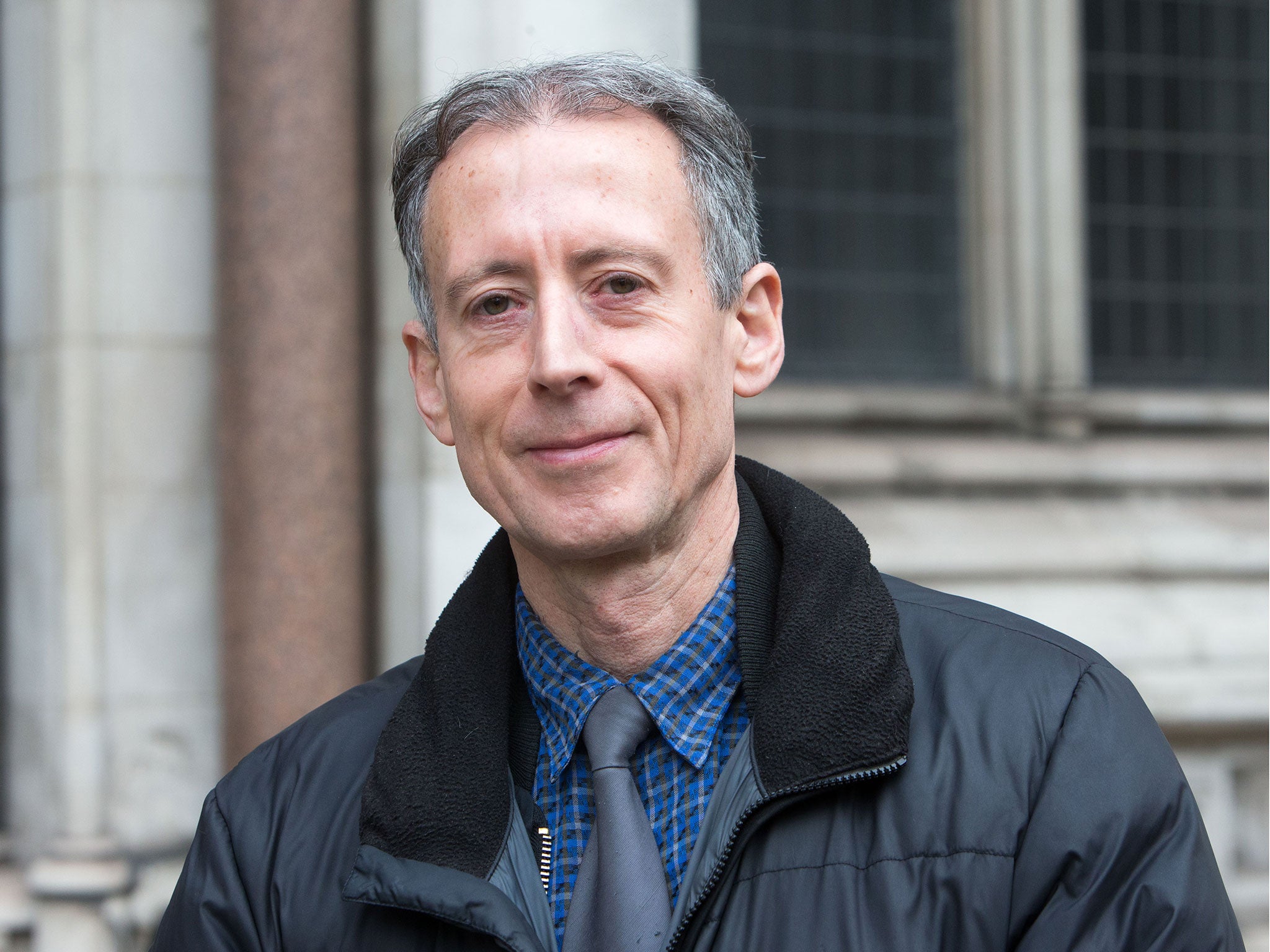Bristol Student Union under fire for attempting to no-platform philosopher who doesn't believe in same-sex marriage
Philosopher of aesthetics Roger Scruton has previously spoken out against same-sex marriage, calling it 'damaging' and 'homophobic'

Your support helps us to tell the story
From reproductive rights to climate change to Big Tech, The Independent is on the ground when the story is developing. Whether it's investigating the financials of Elon Musk's pro-Trump PAC or producing our latest documentary, 'The A Word', which shines a light on the American women fighting for reproductive rights, we know how important it is to parse out the facts from the messaging.
At such a critical moment in US history, we need reporters on the ground. Your donation allows us to keep sending journalists to speak to both sides of the story.
The Independent is trusted by Americans across the entire political spectrum. And unlike many other quality news outlets, we choose not to lock Americans out of our reporting and analysis with paywalls. We believe quality journalism should be available to everyone, paid for by those who can afford it.
Your support makes all the difference.Officers at the University of Bristol Students' Union have come under fire for attempting to no-platform one of the UK’s most eminent philosophers, over homophobic comments he allegedly made several years ago.
Sir Roger Scruton, a philosopher of aesthetics, was invited to the University of Bristol under the Richmond Lectures, pitched as: “Coming to University is about broadening your mind and learning new things. The Richmond Lectures are part of Bristol SU's contribution to this!”
His invitation has led to complaints, however, despite the philosopher speaking at the university just last year.
Union representatives have raised issue with past comments Mr Scruton made over same-sex marriage - in particular, those featured in his 1986 book ‘Sexual Desire’ and his 1989 essay ‘Sexual Morality and the Liberal Consensus’.
Mr Scruton also co-authored a controversial article in the Spectator back in 2013, entitled ‘Same-sex marriage is homophobic’.
He said: “To pursue gay equality is noble and right. But to pursue it by undermining heterosexual institutions is deeply damaging to both hetero and homosexual persons alike.”
Three years previously, the academic had appeared to retract some of his part writings on homosexuality, arguing that he had changed his mind.
In a statement, Bristol SU said: “We are in the process of confirming speakers for this year’s Richmond Lectures.
“Given our commitment to Equality and Diversity, the SU officer team have expressed concerns about one of the speakers given his published views on homosexuality and have raised this with the student led committee of the initiative for them to consider.”
No-platforming – the process of disallowing controversial speakers to voice their opinions – is a hotly debated topic at UK universities.
A debacle last year at the University of Warwick led to a national discussion of the practice, when the SU there briefly banned Iranian secularist Maryam Namazie from speaking on campus.
Despite the debate over the practice, 63 per cent of university students still support the NUS’s No Platform policy, which covers individuals they deem ‘racist or fascist’ being banned from speaking at any NUS event.
LGBT and human rights campaigner Peter Tatchell commented: “I disagree with Roger Scruton's stance on several issues.

"He has said some unpleasant, offensive things in the past. But none are sufficiently extreme to warrant him being no platformed.
He should be challenged and protested, not banned. Stopping him from speaking means there will be no opportunity to publicly refute his reactionary ideas."
Mr Tatchell, who has spearheaded protests against no-platforming in universities, continued: “Free speech does not mean allowing bigotry to pass unchallenged. It should always be protested.
The most effective way to do this is by defeating bigoted ideas in open debate and thereby winning the public to oppose intolerance. No-platforms, bans and censorship suppress bigotry but fail to expose and counter it.
“Free speech can only be legitimately restricted when someone makes false, damaging allegations – such as that a person is a rapist or tax fraudster – or when they engage in threats, harassment or the endorsement of violence. As the German communist, Rosa Luxemburg, argued: freedom of speech means nothing if it does not exist for the person who thinks differently."
A spokesperson for Mr Scruton said he is currently lecturing in America and was therefore unavailable to comment.
Join our commenting forum
Join thought-provoking conversations, follow other Independent readers and see their replies
Comments